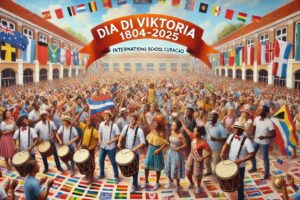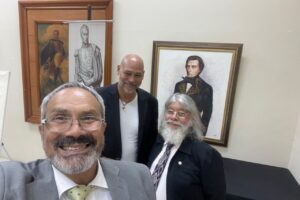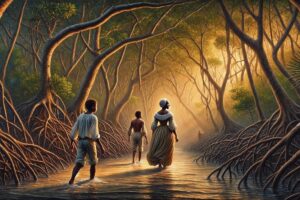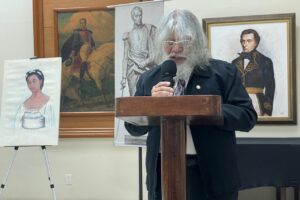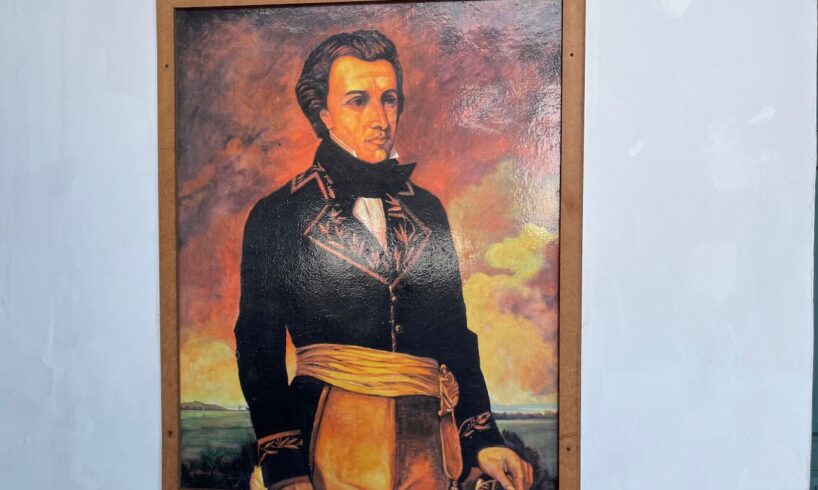
In Curaçao, the voices of our past heroes—figures like Luis Brión, Manuel Carlos Piar, Tula, and Mr. Dr. Moises Frumencio da Costa Gomez—echo through the corridors of history. Still, they remain marginalized by those in power.
Politicians, members of parliament, ministers, and the local government continue to pay lip service to the contributions of these freedom fighters, while educational institutions, entrenched in a Eurocentric, colonial framework, perpetuate the erasure of our rich history. The all-too-familiar refrain, “There is no money,” is a convenient excuse, masking the deeper issue: a lack of will and a fear of confronting the truth about our past and its implications for the present.
Why Knowing Our History Matters
Understanding our history is not merely an academic exercise but vital for cultural and social empowerment. The heroes of Curaçao and the broader Caribbean fought for their freedom and the emancipation of future generations. These visionaries had the foresight to imagine a world where equality, justice, and dignity were rights for all people, not privileges granted by colonial rulers.
The names of Luis Brión, Manuel Piar, Tula, and Mr. Dr. Moises da Costa Gomez are more than just historical footnotes; they represent the spirit of resistance and liberation that has shaped the identity of Curaçao and its people. Their struggles, sacrifices, and triumphs were integral in challenging the oppressive systems of their time, from colonialism and slavery to the political domination of foreign powers.
Luis Brión: A Visionary Leader with Financial Power
Luis Brión, in particular, was more than just a naval commander. He was also a successful merchant, a man of considerable financial means, and a visionary who used his wealth and influence to support the cause of independence. Backed by his family’s substantial capital and personal fortune, Brión could fund critical efforts to fight for Latin American freedom. His financial acumen and dedication to the cause made him a military leader and a key figure in the logistical and economic support of independence movements.
In his 39 years, Luis Brión built a lasting reputation as a man of honor, integrity, and vision. He was not just a figurehead in the independence struggle—he actively used his resources to shape the future of the Caribbean and Latin America. Brión’s legacy is a powerful reminder of how individuals with the means and the will can profoundly impact history.
The Consequences of Lip Service
Today, however, there is a disturbing disconnect between the powerful legacy of these heroes and the way our leaders honor them. Politicians may mention their names during speeches or public ceremonies, but there is often no concrete action behind these gestures. The lack of interest in funding or promoting proper historical education reflects an unwillingness to confront the uncomfortable truths of our past.
The claim that “there is no money” for cultural and historical preservation is not just a budgetary issue but an ideological stance. Governments in Curaçao and the Netherlands and cultural institutions seem more invested in maintaining the status quo than in empowering people with knowledge of their history. They fear a well-informed population will begin challenging the lingering colonial structures that still influence our society today. And they are right to be afraid. Knowledge of history is a powerful tool for dismantling systems of oppression.
The Visionary Leaders of Curaçao
Luis Brión, with his blend of military prowess and financial leadership, embodied the spirit of resistance. Fighting alongside Simón Bolívar, he helped shape the destiny of a region yearning to be free from colonial domination. His role extended beyond military strategy—his financial resources were pivotal in sustaining the independence cause.
Manuel Carlos Piar, another Curaçaoan hero, also fought for independence and equality, leading diverse armies against the Spanish Empire. Both Brión and Piar represent a legacy of fighting for a vision of a free and just Caribbean, where colonial rule was a thing of the past.
Tula, the leader of the 1795 slave revolt in Curaçao, is perhaps one of our history’s most tragic yet inspiring figures. Along with 25 other freedom fighters, he was brutally executed by the Dutch colonial government. But Tula’s legacy is not one of defeat. His courage in the face of unimaginable oppression serves as a symbol of resistance for all generations. The Dutch colonial government may have tried to silence him, but his spirit lives on in the fight for justice and equality.
A more recent figure, Mr. Dr. Moises Frumencio da Costa Gomez, stands out as a political visionary who sought to lift Curaçaoans from the vestiges of colonial control. His leadership in the Partido Nashonal di Pueblo (PNP) and his advocacy for the rights and emancipation of his people mark him as one of the most influential leaders in Curaçao’s modern history.
We will soon dedicate our attention to the sacrifices and fights of others.
Rediscovering the Past to Build a Better Future
Current leaders’ reluctance to fully embrace these heroes’ history points to a deeper problem. Too often, the educational system in Curaçao remains dominated by Eurocentric narratives that prioritize colonial perspectives over the stories of local resistance and empowerment.
This lack of emphasis on our cultural heritage has led to a population that is disconnected from its history—especially the youth, who are often unaware of the sacrifices made by their ancestors for the freedoms they enjoy today.
It is not just about the past but how that past informs our present and future. Knowing the stories of Luis Brión, Manuel Piar, Tula, and others helps us understand the ongoing struggles for equality, justice, and autonomy in Curaçao. It empowers people to see the broader context of their social, political, and economic realities and to recognize that the fight for true freedom is far from over.
A Call to Action
The time has come to move beyond lip service. The memory of these heroes deserves more than symbolic gestures—it deserves tangible action. We must demand that our government invest in cultural and historical education. We must insist that schools teach our true history, not just the colonial version. And we must ensure that our leaders understand the importance of honoring the legacies of those who fought for freedom.
By reclaiming our history, we are not just paying tribute to the past—we are laying the groundwork for a future where the people of Curaçao are fully empowered to chart their course, free from the lingering influence of colonial powers. The fight for freedom did not end in 1795, nor did it end with independence. It continues today in the hearts and minds of those committed to ensuring that the sacrifices of our heroes were not in vain.
Let us honor them, not just in word but in action.
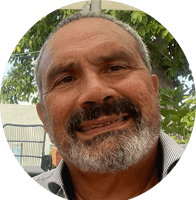
Tico Vos is a professional photographer, producer, and tourism specialist. He has been documenting the History, Culture, and News of Curaçao. This site is a documentation of the history of Manuel Carlos Piar.

